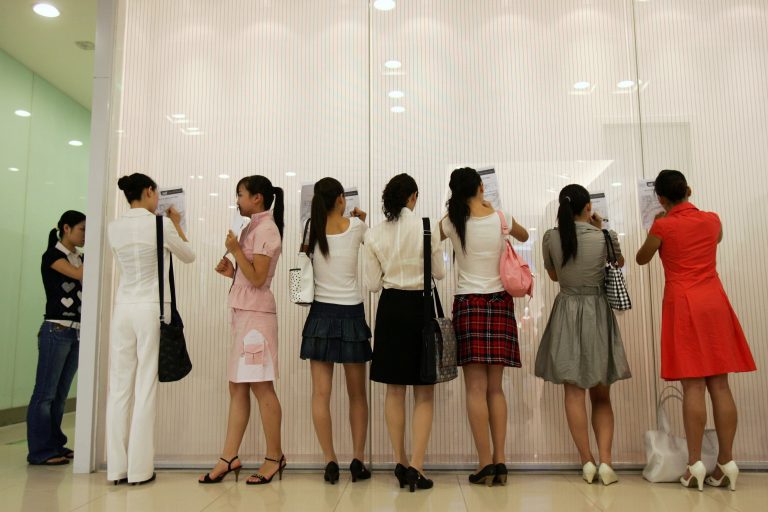A troubling development has arisen as the Chinese company, BGI Group, has been doing prenatal tests in conjunction with the People’s Liberation Army (PLA) to collect genetic data from millions of women for research on population traits.
The revelation that the genetic details of the women who have taken the tests has been alarming, as well as the fact that the data is also being used to single out Tibetan and Uyghur minorities by locating links between their genes.
The data collected by BGI is said to be used to help China enhance its pharmaceutical, economic and military efforts, as advisors in the U.S. warned.
BGI and the NIFTY tests
BGI relies on its prenatal test for genetic data, and has worked with the military to improve “population quality”, as well as enhancing the capabilities of soldiers.
The company has also been working with Chinese military researchers on genomics to gain more insight on conditions or defects during birth. The research has also been funded by the government, and BGI also worked with military hospitals to help advance the abilities of China’s soldiers.
Success
You are now signed up for our newsletter
Success
Check your email to complete sign up
BGI was also able to perform the largest genetic study on China’s population ever, with 141,000 reused prenatal tests. The tests were able to confirm several defects and diseases, proving the sheer scale of the company’s mass research over a widespread populace.
BGI has sold prenatal tests, called NIFTY (Non-Invasive Fetal TrisomY” tests, across the world, with marketing in at least 13 European Union countries, as well as in Britain, Canada, Australia, Thailand, India and Pakistan. The tests have been sold in at least 52 countries.
In a statement, BGI said that it, “has never been asked to provide – nor provided – data from its NIFTY tests to Chinese authorities for national security or national defence security purposes.”
However, an examination performed by Reuters provides not only how the company is using its technology to further expand its research, but also backs the concerns that the United States should be aware of China’s plans to dominate in biotechnology and AI as a national security threat, and to come up with ways to counter them.
Data held in China
In a lengthy look into BGI’s operations, going through documents and interviews with people involved, Reuters has found that the NIFTY test can obtain data about not only the mother, but also personal details, like her country, height and weight, but not her name.
More than 8 million women have taken the test worldwide, but BGI claims that it only obtains location data from those in China.
Many of the women who took the test outside of China were unaware that their data was being held in the country, raising further worries of their personal data being kept in a country far from home.

According to BGI, the company does not contain the data of women outside of China, but Reuters has uncovered the data of at least 500 women, some from abroad, that have been stored in their gene database, which is funded by the Chinese government.
Concerns were also drawn towards the ability of the technology to collect data from even a small portion of DNA.
According to Anna Puglisi, former National Counterintelligence Officer for East Asia in the U.S., BGI’s growth was due to the Chinese government policies that required all organizations to help in obtaining intelligence, and that understanding genes is really effective.
“When you can combine large amounts of genomic data – including mothers and their unborn children – with their medical data and history, it is really powerful,” she said.
The research was even able to analyze the genetic links in minorities including Uyghurs and Tibetans, which has caused backlash due to violations of human rights.
The U.S. had already raised concerns over the situation and issued warnings that China’s collection of data could be a threat to their privacy, economy and national security. It has also warned health institutions and patients to be more careful with the risks posed by sharing data with Chinese companies.
China has since provided new security laws to protect personal data and allow authorities to access them. Data collected can also be kept for a certain number of years before they are either deleted or destroyed.







